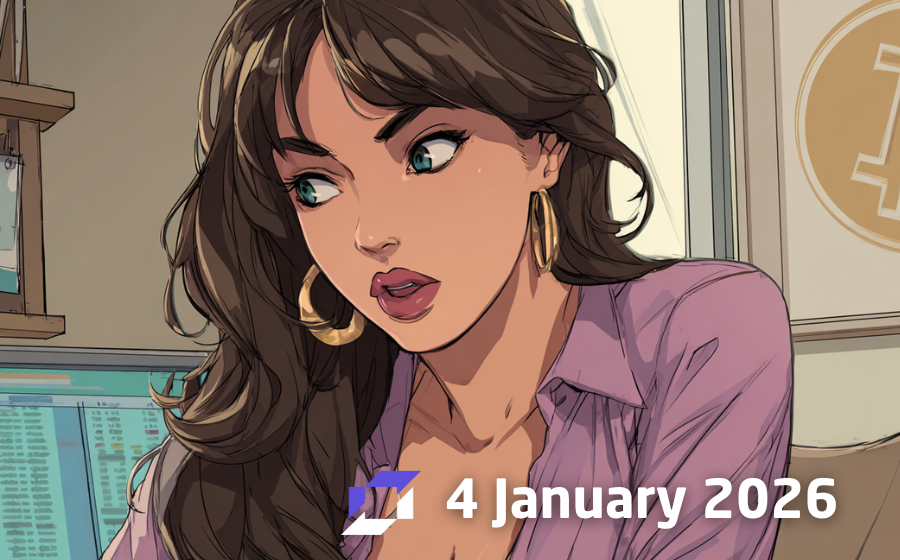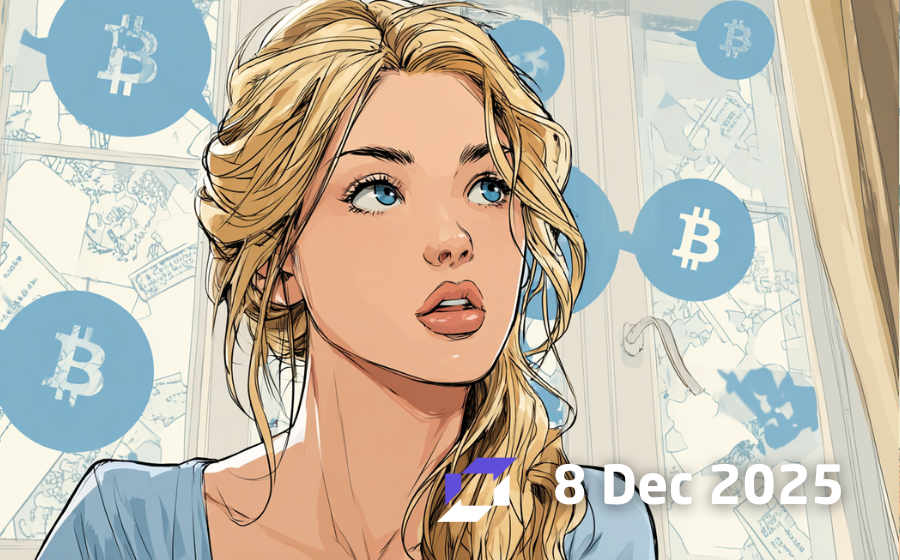
KEYTAKEAWAYS
- SEC clarifies liquid staking isn’t a security in certain cases, potentially enabling ETH spot ETFs to integrate staking without regulatory hurdles.
- Amina Bank becomes first regulated institution to support SUI trading and custody, signaling growing institutional acceptance of enterprise-ready blockchain assets.
- Mantle sees 23% weekly growth in stablecoin inflows, driven by incentives and strong ETH reserves, strengthening its position among leading Layer 2 networks.

CONTENT

SEC CLARIFIES LIQUID STAKING IS NOT A SECURITY IN CERTAIN CASES, PAVING WAY FOR ETH SPOT ETF STAKING
The U.S. Securities and Exchange Commission (SEC) has released new guidance clarifying that, under specific conditions, liquid staking activities and the associated receipt tokens (such as stETH, mSOL, JitoSOL) do not constitute the issuance or sale of securities. As a result, these tokens may not require registration under U.S. securities law.
This applies when staking is performed via decentralized software protocols and the receipt tokens merely represent ownership and yield claims—making them technical instruments rather than investment contracts.
This clarification could remove a major regulatory barrier for Ethereum spot ETFs incorporating staking. By confirming that liquid staking tokens may fall outside the SEC’s securities scope, the guidance directly addresses concerns around yield distribution and contract-based obligations.
Liquid staking could greatly improve liquidity and asset efficiency within ETFs. Several institutions are reportedly updating their ETF proposals to include staking mechanisms, aiming to unlock ETH’s yield potential and enhance product competitiveness.
ANALYSIS
This move by the SEC is a significant milestone for both DeFi and institutional crypto products. It gives clearer legal standing to staking protocols like Lido and Stakewise, while opening the door for Ethereum spot ETFs to integrate staking without legal ambiguity.
Beyond just regulatory relief, this could fundamentally reshape ETF structures—turning passive ETH exposure into yield-generating instruments. If adopted, staking-enabled ETFs would offer stronger performance and could drive increased institutional demand for Ethereum.
AMINA BANK BECOMES FIRST REGULATED BANK TO SUPPORT SUI TRADING AND CUSTODY
Swiss crypto bank AMINA has announced support for SUI, the native asset of the Sui blockchain, becoming the first regulated bank to offer both trading and custody services for the token. SUI aims to replace traditional Web2 infrastructure with low-latency, enterprise-ready blockchain architecture.
AMINA will provide unlimited SUI buy/sell functionality and plans to introduce staking services, complete with governance and audit tools to meet the compliance and risk management needs of institutional clients.
The integration of SUI into a regulated banking environment signals a major step forward for mainstream adoption of Layer 1 tokens. Following its recent support for Ripple’s RLUSD stablecoin, AMINA continues to expand its portfolio of next-gen blockchain assets. This move underlines the bank’s role as a bridge between traditional finance and blockchain innovation.
ANALYSIS
AMINA’s support for SUI is a notable sign of maturing crypto infrastructure. It brings a new level of legitimacy and access to institutional investors, who often require fully regulated custody and audit mechanisms. This development also validates SUI’s positioning as an enterprise-ready platform.
As more banks integrate public blockchain assets, the gap between traditional and decentralized finance continues to narrow—potentially unlocking vast pools of institutional capital.
MANTLE ECOSYSTEM SEES NEARLY 23% WEEKLY GROWTH IN STABLECOIN INFLOWS
Mantle’s ecosystem experienced a significant influx of capital last week. According to DeFiLlama, total stablecoin market cap on the Mantle network surged to $653 million—up 22.85% from the previous week.
This marks one of the strongest weekly gains in the Layer 2 space, likely fueled by ecosystem growth, incentive programs, and increased user confidence in Mantle’s long-term positioning. Notably, Mantle has added 101,867 ETH (~$388 million) to its strategic treasury, enhancing both security and economic resilience.
This ETH reserve strategy supports trust in Mantle’s financial strength and positions the network as a credible Layer 2 platform. Combined with a growing dApp ecosystem and strong capital inflows, Mantle is now emerging as a serious contender alongside Base, Arbitrum, and Optimism.
ANALYSIS
Mantle’s strong stablecoin growth and ETH reserve deployment reflect strategic maturity and growing investor confidence. The protocol is attracting attention not only from users but also developers and institutional partners.
If Mantle continues to expand its application base and retain user activity, it could soon rank among the top Ethereum Layer 2s. Its financial robustness—especially with ETH reserves—adds another layer of credibility that could draw more enterprise and DeFi adoption in the near future.















